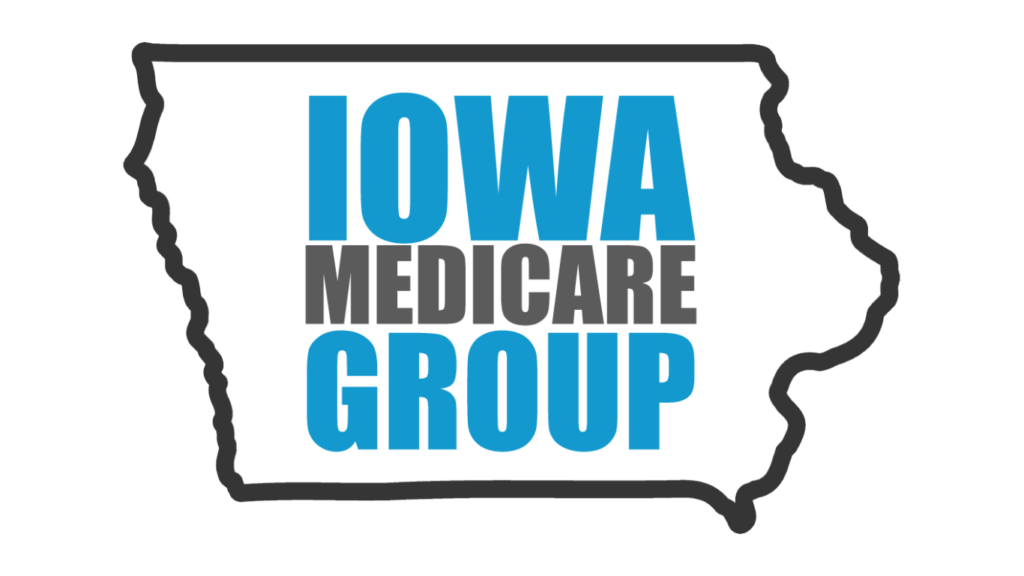401k/IRA Rollover
As a working individual, you have likely participated in a Traditional or Roth 401(k) private employer plan. These plans allow employees to make automatic contributions from their weekly or monthly pay to investment vehicles designated for retirement taxed deferred. Accumulation of your investment dollars are common if you have maintained and contributed to that account over a long period of time. If your employer has matched your contribution up to a defined percentage each year, your nest egg could be substantial. It is important if you are leaving your employer and wanting more control and options for your investments to consider an IRA Rollover. IRA’s Individual Retirement Accounts also provide IRS tax deferred status.
Several options are available when you change jobs and have your 401k Plans | Internal Revenue Service to attend to within a certain time frame. Options available are:
- To liquidate the account for full or partial distribution. We would recommend approaching this decision with caution as early distribution may trigger penalties and tax consequences.
- You can transfer your account to your new employer’s 401(k) plan, provided one is available. However, there is always uncertainty surrounding a new job and company outlook and usually they have no one in HR to discuss investment options and historical performance.
- Last option would be to roll it over to an IRA, maintaining control and watchful eye over your hard-earned money.
What is a Rollover?
A rollover is when you transfer funds from one retirement account to another. This can be from a 401k plan to an IRA, or an IRA to another IRA.
There are two types of transfer – direct and indirect. Direct transfer is often done electronically, and is not subject to withholding tax
unless you switch from a traditional plan requiring distribution creating a taxable event to a Roth IRA. Transfer is immediate, and you do not have to worry about doing any extra work on your end.
Indirect transfer can be subject to withholding tax, meaning you may need to give up to 20% of the funds withdrawn to the IRS. Here, you’ll receive a check when you withdraw all funds from one account. You can be liable for tax and penalties from the withdrawal however, tax avoidance is possible if you deposit the funds from the check into your new retirement account. Up to 20% of the tax can be waived under the 60-day rollover requirement by returning the distribution of money within 60 days.
Why Rollover from 401k to IRA?
Most 401(k) plans offer tax-deductible contributions, where you must pay taxes on the withdrawals. An IRA Rollover allows you to continue with a tax deferred status without penalties. Your investments are no longer restricted to what your employer (or former employer) has to offer when rolling over to an IRA.
Majority of seniors we work with have either retired or will be retiring within the next ten years and can no longer afford to lose money in the stock or bond markets. In the 2007 and 2008 real estate and stock market crash, many seniors 401(k) retirement portfolios went into a spiraling decline. Looking forward to their retirement one day only to wake up the next day to see their 401(k) now a 201(k). Many seniors were forced to delay retirement and just as many had to go back to work because they did not shift their assets into a more conservative investment. Unfortunately, placing your investments into a money market fund getting 1-2% return is not the answer either as inflation will accelerate the demise of the purchasing power of your money over time.
Additional consideration for movement of a 401(k) to IRA rollover is the possibility that your former employer merges with another company or goes out of business. It would not be that you would lose your investments, just that the ability to access those funds and the hoops you must go through to get proper information to meet your objectives. If you’ve lost contact with a company representative or you moved and are not receiving plan information on your 401k account, it can be frozen, leaving the funds inaccessible. 401k’ s in themselves can be diverse to a fault, with unique stipulations that can make them overly complex.
When you rollover to an IRA, you’re putting yourself in greater control of your account with a standardized process. You’ve got more investment choices, with greater diversity in stocks, bonds, ETFs, mutual funds and annuities. Market risk should be an important consideration as we retire or have fewer years left in the workforce. Having the most options available is a prevailing reason to consider an IRA rollover. This opens the door for more optimal gains, and ultimately a more comfortable retirement.
IRA rollovers are also appealing because you can choose between a Traditional and Roth IRA. The main difference is how they’re taxed – traditional IRAs are contributed to with pre-tax dollars, with the withdrawals being subject to taxes. Roth IRAs are the inverse, as you contribute to them with your post-tax income, but your withdrawals are tax-free.
Get in Touch With a Company Invested in You
At Iowa Medicare Group, we’re looking out for you in more ways than one. We want you to be able to have affordable access to medical care, and we also allow for you to build your income at the same time. Iowa Medicare Group strives to help you live a longer, healthier life while enjoying the retirement you deserve!
